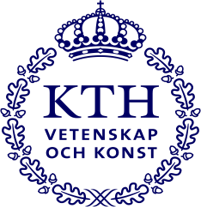Critical Mineral Surveying as Fundamental Dimension of the Anthropocene Epoch

Gus Lester, Postdoctoral researcher at the Centre for Anthropocene History, is researching the history of “critical mineral” surveying as a fundamental political, discursive, and material dimension of the Anthropocene epoch.
Gustave Lester is an environmental historian and a historian of earth and environmental sciences. His research concerns the relationship between extractivism, geoscientific knowledge, and imperial political economies since the eighteenth century.
As a postdoctoral researcher at the Centre for Anthropocene History, he is researching the history of “critical mineral” surveying as a fundamental political, discursive, and material dimension of the Anthropocene epoch. This includes a deeper historicizing of the resource designation “critical minerals” itself, usually traced to the geopolitical and geological discourse surrounding metal shortages during and between the World Wars. Instead, this project examines the professional discourse and products of geoscientific societies—such as the International Geological Congress (IGC)—and the mineral seeking activities of French, British, and US imperial states in North America across the long nineteenth century. In so doing, the project aims to contribute to our historical understanding of the origins and conditions of the Anthropocene by focusing on the long emergence and development of political economies dependent on the increasingly intense production of both geoscientific knowledge and mineral resources.

